Hello. Today, I will tell you about cystitis, a condition that many people can experience. Since cystitis can cause very uncomfortable symptoms, I want to introduce various methods to treat it. Let’s learn about its various characteristics and effective treatment methods.
What is Cystitis?
Cystitis is an inflammation of the bladder, often caused by sexually transmitted infections or urinary tract infections. The bladder stores and expels urine, and when inflamed, it can cause pain or discomfort during the process. Cystitis is more common in women but can also occur in men and can happen at any age.
Identifying the Main Causes of Cystitis
The main causes of cystitis are diverse. Sexually transmitted infections like chlamydia, genital warts, and trichomoniasis can infect the bladder and cause inflammation. Additionally, urinary tract infections, bladder stones, or bladder cancer and other underlying diseases can lead to cystitis. Lack of personal hygiene, rapid changes in sexual activity, and medication can also be causes.
Understanding Various Symptoms of Cystitis
The symptoms of cystitis vary and can differ from person to person. Main symptoms include the frequent need to urinate, pain or discomfort during urination, cloudy urine, or hematuria. Generally, cystitis is characterized by pain that persists after urination, and in severe cases, it may also include systemic symptoms such as fever, chills, and back pain.
Essential Procedures for Diagnosing Cystitis
To diagnose cystitis, a doctor will listen to the patient’s symptoms and conduct a physical examination. A urine test can also identify the type of infection and the bacteria present. The urine test can reveal inflammatory cells and bacteria, and in cases of hematuria, blood components can also be identified. If abnormalities are found in the urine test, additional imaging tests or a biopsy may be necessary.
Drug Therapy for Treating Cystitis
Treatment for cystitis mainly involves drug therapy. For bacterial infections, antibiotics are used to eliminate the infection and alleviate inflammation. Pain relievers are also used to ease pain and maintain patient comfort. Medication should be taken for an appropriate duration as prescribed by a doctor, and it is important to complete the course without interruption.
Natural Remedies You Can Practice at Home
There are also natural remedies you can practice at home to alleviate symptoms of cystitis. First, it’s important to drink plenty of fluids to increase urine volume and keep the bladder clean. Additionally, enhancing immunity and reducing inflammation through physical activity and stress management can be beneficial. Using warm water for gentle washing or applying a heat pack can also relieve pain.
Managing Cystitis Through Lifestyle Changes
To prevent the recurrence of cystitis, lifestyle changes are necessary. First, adequate attention should be paid to personal hygiene. To prevent sexually transmitted diseases, maintain safe sexual practices and keep sex toys clean. Additionally, care should be taken with clothing and caution should be exercised when using public restrooms. These lifestyle changes can help reduce the incidence of cystitis.
Diet Adjustments for Preventing Cystitis
Diet adjustments also play an important role in preventing cystitis. Irritating foods or beverages should be avoided as they can irritate the bladder. It’s advisable to limit the intake of caffeine, alcohol, and citrus fruits. Moreover, maintaining a clean bladder by drinking plenty of fluids is also important. Diet adjustments can greatly aid in the prevention and recurrence of cystitis.
Long-term Management Strategies for Preventing Recurrence
To prevent the recurrence of cystitis, a long-term management strategy is necessary. This includes consistent communication with a doctor, regular check-ups and urine tests, and medication adherence. Additionally, it’s important to continuously practice improved lifestyle habits and diet adjustments. Long-term management strategies can minimize the likelihood of recurrence and maintain patient health.
Frequently Asked Questions About Cystitis
- Can men also get cystitis?
- Yes, men can also get cystitis, but it is less common in men than in women.
- Can cystitis be completely cured?
- Most cases of cystitis can be completely cured with proper treatment and management. However, the possibility of recurrence can be high if there are underlying conditions.
- Is cystitis related to sexually transmitted diseases?
- Yes, sexually transmitted diseases such as chlamydia, genital warts, and trichomoniasis can infect the bladder and cause cystitis.
- What diet do you recommend for preventing cystitis?
- A diet that limits irritating foods or beverages and ensures adequate fluid intake is recommended. Especially, caffeine, alcohol, and citrus fruits should be avoided.
The content above contains information about various characteristics of cystitis and its treatment methods. Cystitis is primarily caused by sexually transmitted diseases or urinary tract infections and can manifest symptoms such as the need to urinate frequently, pain, and blood in the urine. It can be treated with a doctor’s diagnosis and pharmacotherapy, and managed or prevented through natural healing methods and improvements in lifestyle habits. However, there is a possibility of recurrence, so a long-term management strategy is needed.

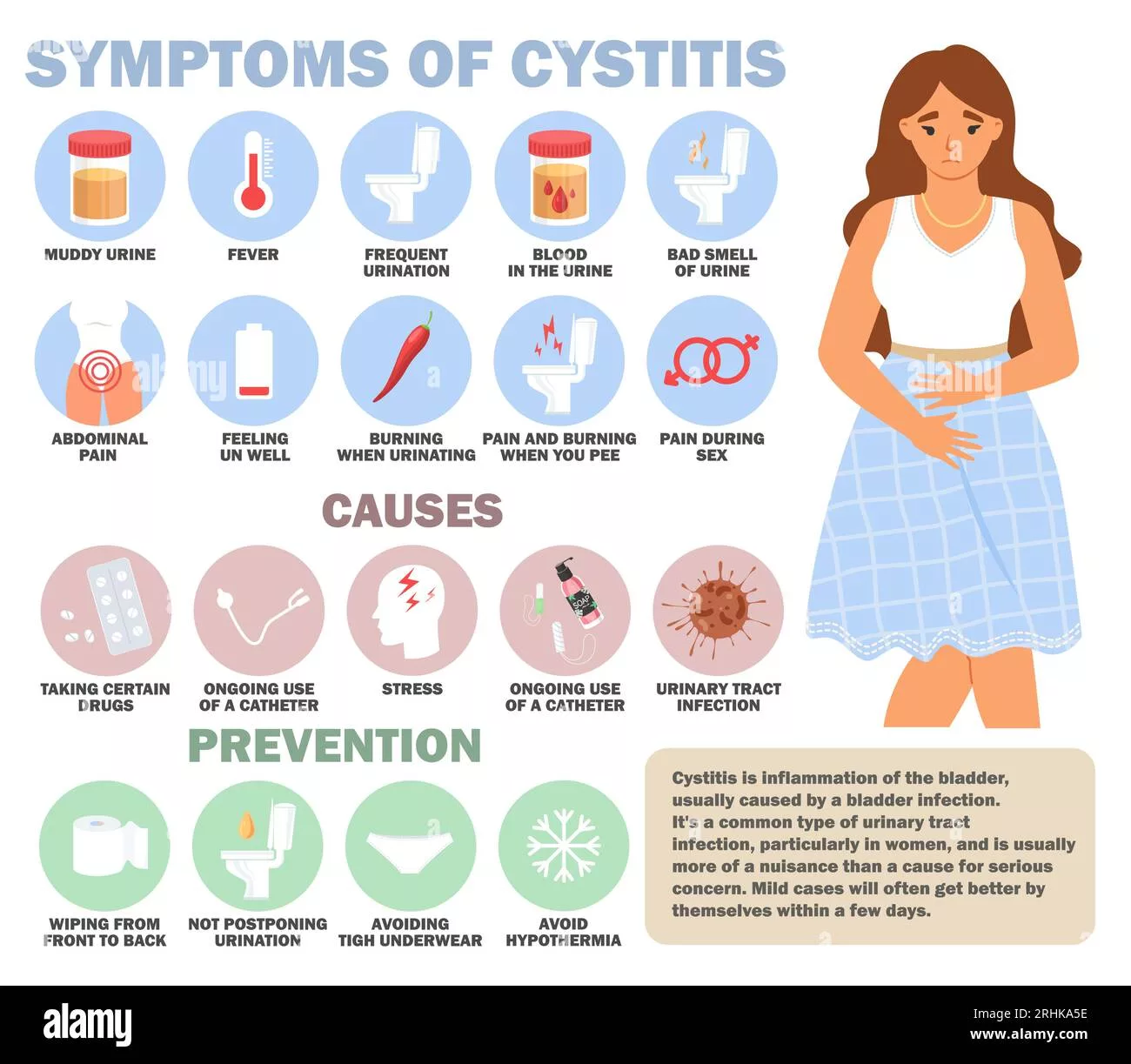
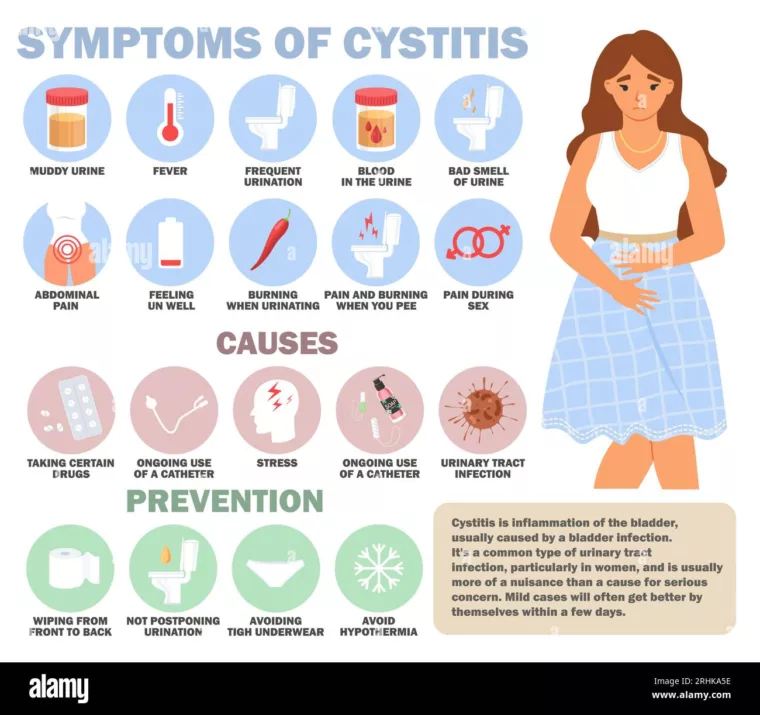
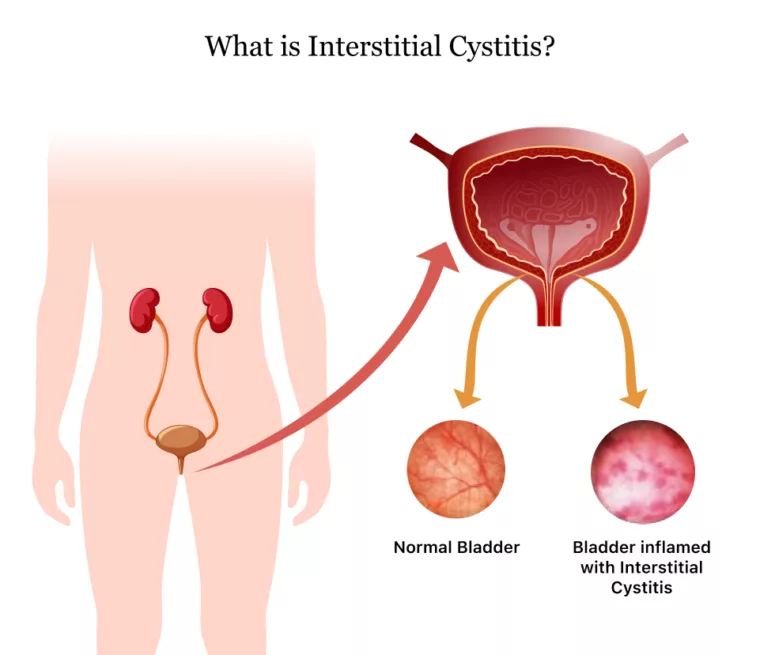
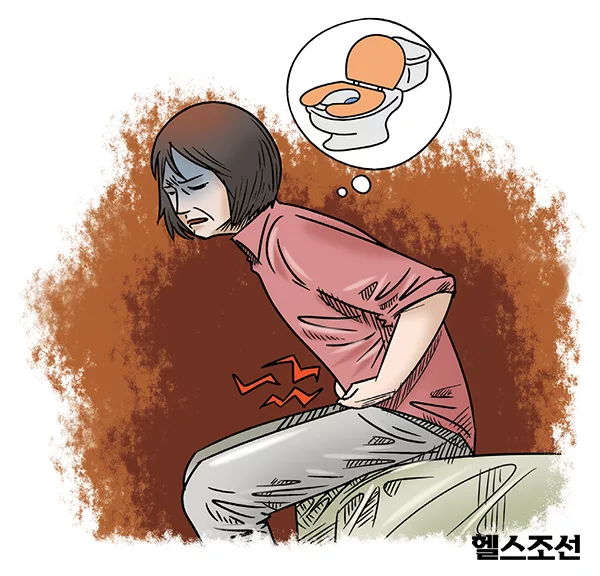
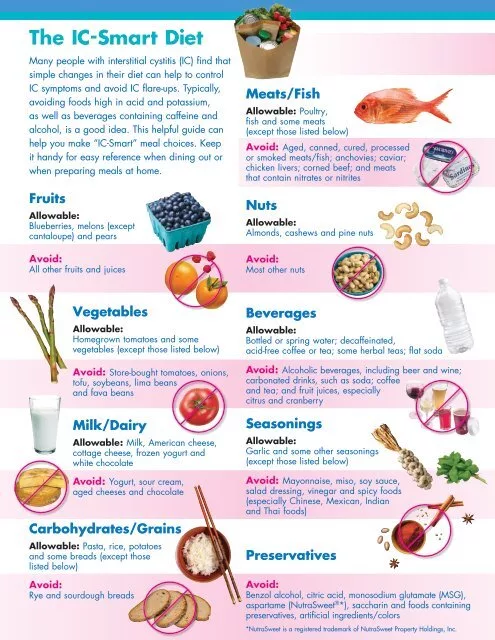
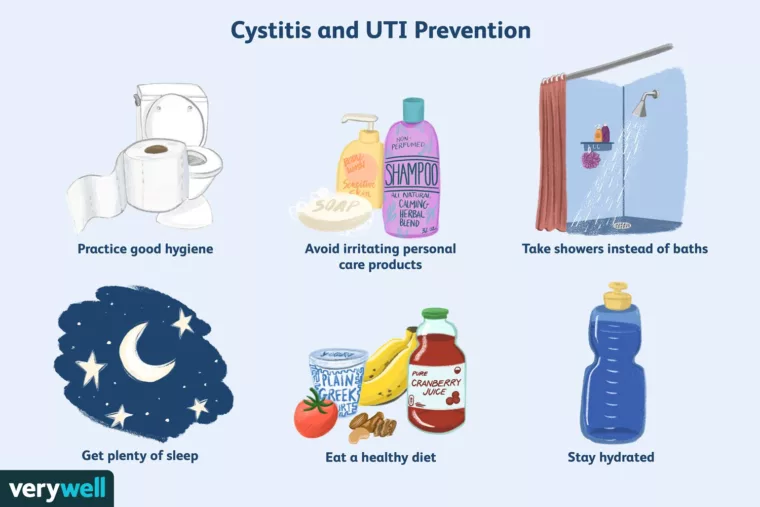



Leave a Reply